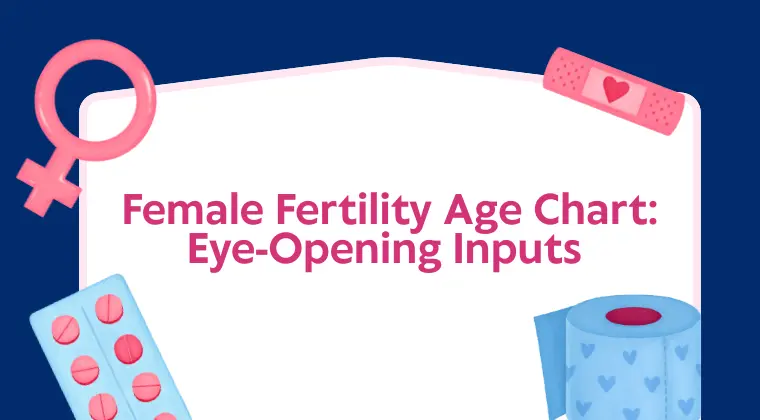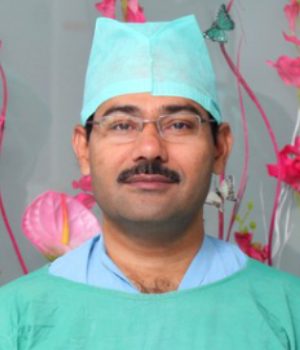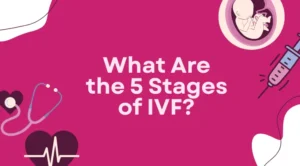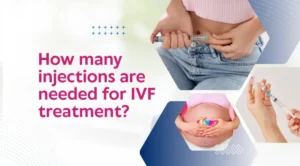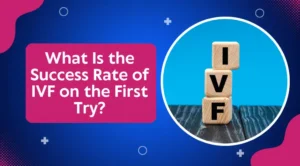When Priya's World Changed with One Simple Question
Just last month, Priya Sharma, a 32-year-old software engineer, walked into my consultation room with her husband, Arjun. They had been trying to conceive for eight months, and the stress was beginning to show on both their faces. When I asked Priya a simple question – “Do you know how many eggs you lose every month?” – her confident expression changed to one of complete surprise.
“I lose eggs every month? But Doctor sahib, I thought I only released one egg during ovulation,” she said, echoing the confusion I hear from countless women every week.
What I shared with Priya that day shocked her so much that she immediately called her sister and two close friends to share this information. The truth is, every woman loses approximately 1,000 eggs every month, regardless of whether she is trying to conceive, taking birth control pills, or doing nothing at all related to pregnancy.
Quick Reference: Female Fertility Age Chart - Save This!
Age Group | Monthly Pregnancy Rate | Miscarriage Risk | Time to Conception | Egg Reserve Left | IVF Success Rate | Reality Check |
20-24 🟢 | 25-30% | 10-15% | 6-12 months | 25-30% | 65-70% | Peak years – but most focus on career |
25-29 🟢 | 20-25% | 15-20% | 6-12 months | 15-25% | 60-65% | Still excellent – decline starts at 27 |
30-34 🟡 | 15-20% | 20-25% | 12-18 months | 8-15% | 55-60% | Only 12% eggs are left by age 32! |
35-39 🟠 | 10-15% | 25-40% | 12-24+ months | 3-8% | 35-45% | Critical period – time becomes precious |
40-44 🔴 | 5-10% | 35-50% | 24+ months | 1-3% | 15-25% | Major challenges – advanced help needed |
45+ 🔴 | <5% | 50-65% | Very unlikely | <1% | 5-10%* | Donor options recommended |
Success rates with donor eggs: 50-60%
⚠️ Shocking Reality: By age 30, you’ve lost 90% of your eggs. By 35, miscarriage risk doubles. This table shows why timing matters tremendously!
As an experienced IVF specialist in Chhatrapati Sambhajinagar (Aurangabad), with over fifteen years of practice in reproductive medicine, I have had similar conversations with thousands of Indian families.
Today, I want to share these same truths with you, because understanding your fertility is not just about medical facts – it is about empowering yourself to make informed decisions about your family’s future.
The Big Picture: What You Need to Know Right Now
Before we dive deep, here are the five shocking truths every Indian woman must understand:
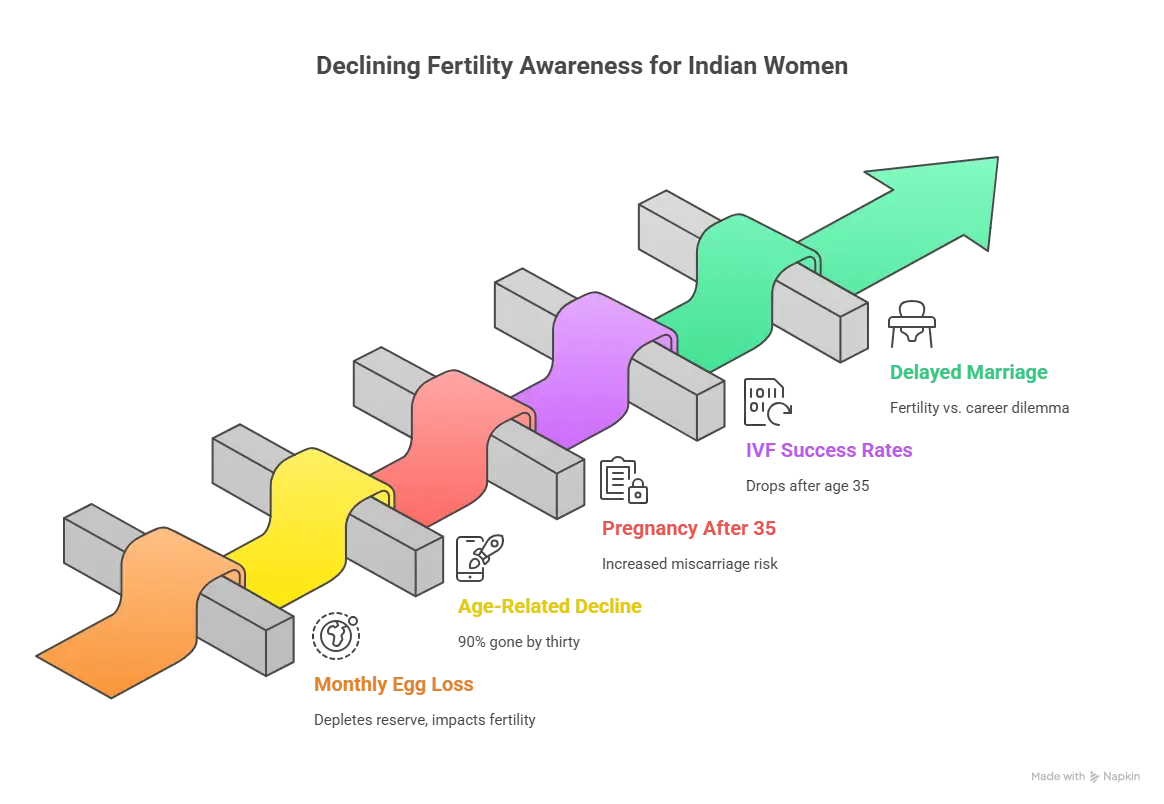
The Reality That No One Discusses at Family Gatherings
In our Indian families, we often discuss everything – from career choices to marriage prospects to home loans. However, there is one crucial topic that rarely comes up during those long evening conversations over chai: the biological reality of female fertility and how it changes with age.
Here is a fact that might surprise you: By the time you celebrate your 30th birthday, you have already lost approximately 90% of the eggs you were born with. Yet, I have found that most women I counsel are completely unaware of this biological timeline.
During a recent family wedding, I was speaking with several young women – engineering graduates, MBA holders, and successful professionals in their late twenties. When our conversation turned to family planning, I realised that despite their impressive educational backgrounds, none of them truly understood how their fertility changes with age. This conversation inspired me to write this comprehensive guide for families like yours.
Understanding Your Personal Fertility Timeline: More Than Just Numbers
Let me share something that often surprises my patients. When you were born as a beautiful baby girl, your tiny ovaries already contained all the eggs you would ever have in your entire lifetime – approximately one to two million precious eggs. This is vastly different from men, who continue producing sperm throughout their lives.
Now, you might wonder, if I started with so many eggs, how can they possibly run out? The answer lies in understanding how our bodies work. Every single day, whether you are 18 or 38, approximately 30 to 35 eggs are naturally lost through a process your body considers normal. This happens whether you are married or single, whether you are trying to have children or focusing entirely on your career.
This process never stops – not when you are taking birth control pills, not when you are pregnant, not when you are breastfeeding. It only stops at menopause.
Female Fertility Age Chart
The Golden Years (Ages 20-24): When Biology and Society Disagree
The Good: Peak fertility – 25-30% monthly pregnancy rates
The Reality: Only 12% of urban Indian women try to conceive during these years
Why: Career building, education, and delayed marriages
During these years, your body is at its absolute peak for childbearing. If you were trying to conceive, you would likely achieve pregnancy within six months. However, I understand most women are focused on building careers, completing their education, or establishing financial stability.
Patient Story: Recently, I counselled a 24-year-old CA who was worried about delaying family planning. After discussing her goals and fertility timeline, we created a plan that honoured both her career ambitions and biological realities.
The Promising Years (Ages 25-29): Still Strong, But Changes Begin
The Good: Excellent fertility – 20-25% monthly rates
The Surprise: Fertility decline actually starts at 27, not 30
The Strategy: Perfect time for family planning discussions
I often counsel couples in this age group who are thoughtfully planning their families.
Professional Insight: The best IVF doctor in Chhatrapati Sambhajinagar (Aurangabad) sees over 60% success rates in this age group, though most conceive naturally without intervention.
The Transition Years (Ages 30-34): When Awareness Becomes Crucial
The Numbers: 15-20% monthly pregnancy rates, 12-18 months to conceive
The Shock: Only 12% of original eggs remain by age 32
The Action: Time for proactive fertility planning
This is when I meet most of my patients. Women are established, financially stable, and ready for family, but biology has other plans. Fertility drops 3-5% yearly during this period.
The Critical Years (Ages 35-39): When Time Becomes Precious
The Reality: 10-15% monthly rates, 25-40% miscarriage risk
The Change: Egg quality declines noticeably, and genetic risks increase
The Recommendation: Seek help after 6 months of trying, not 12
Age 35 isn’t a magic cutoff, but changes become more pronounced.
The Challenging Years (Ages 40-44): When Hope Meets Advanced Medicine
The Truth: 5-10% monthly rates, 35-50% miscarriage risk
The Hope: Advanced treatments still offer meaningful opportunities
The Approach: Comprehensive evaluation and personalised treatment plans
Natural conception becomes challenging, but not impossible.
Success Story: Arun Ghumanvad, a 33-year-old bank manager, tried for many years before consulting me. With IVF, the couple conceived and now has a healthy baby boy.
Beyond 45: Exploring All Pathways to Motherhood
The Reality: <5% natural conception rates
The Options: Donor egg programs with 50-60% success rates
The Focus: Multiple pathways to building your family
Factors That Influence Your Personal Fertility Timeline
While age is the biggest factor, other things matter too:
- Lifestyle – Healthy diet, exercise, sleep, and stress management can boost fertility.
- Medical & Family History – Conditions like PCOD, thyroid issues, or early menopause in the family may affect fertility.
- Environment & Work – Stressful jobs, irregular sleep, and exposure to pollutants can lower reproductive health.
When to Seek Professional Guidance?
The decision to seek fertility consultation is profoundly personal and should be made based on your circumstances, age, and family goals. However, some general guidelines can help you determine the right timing.
Age-Based Consultation Timeline
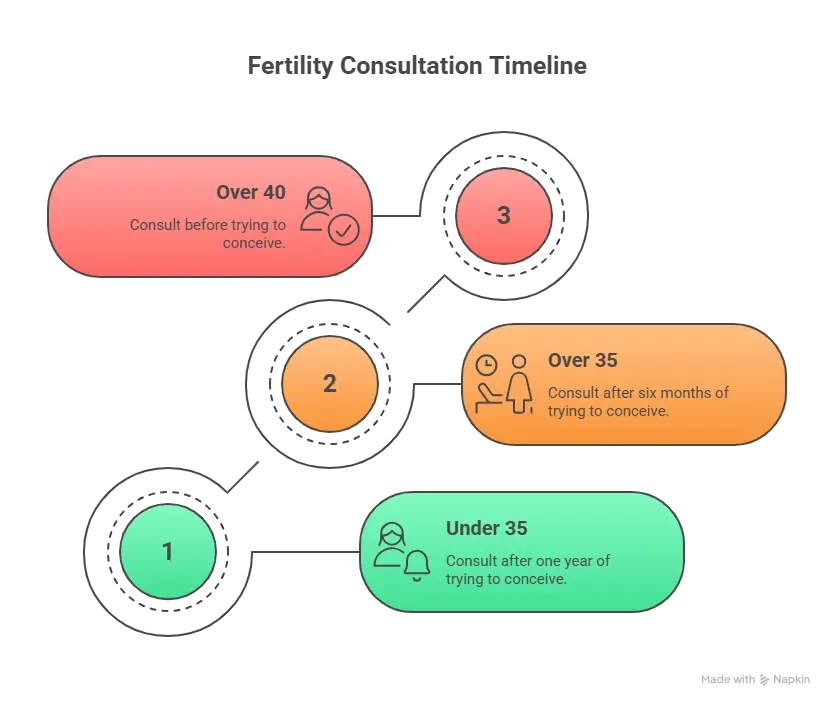
Understanding Comprehensive Fertility Assessment
A thorough fertility evaluation involves much more than just basic blood tests. We assess hormonal balance, ovarian reserve, structural integrity of the reproductive system, and overall health status. For male partners, we evaluate sperm quality and quantity.
This comprehensive approach helps us understand not just whether there are any current challenges, but also how to optimise your fertility potential moving forward.
Treatment Approaches We Adopt as IVF Doctors in Chhatrapati Sambhajinagar (Aurangabad)
The beauty of modern reproductive medicine lies in its ability to offer personalised treatment approaches based on individual circumstances, age, fertility potential, and family preferences.
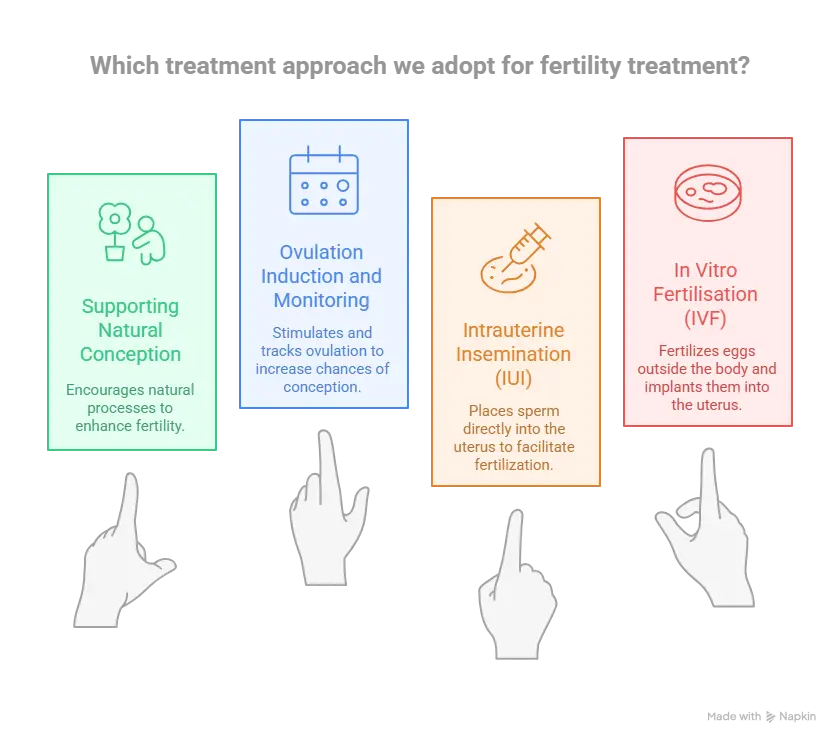
Your Next Steps: Moving Forward with Confidence
If this information has resonated with you, consider taking proactive steps toward understanding and optimising your fertility.
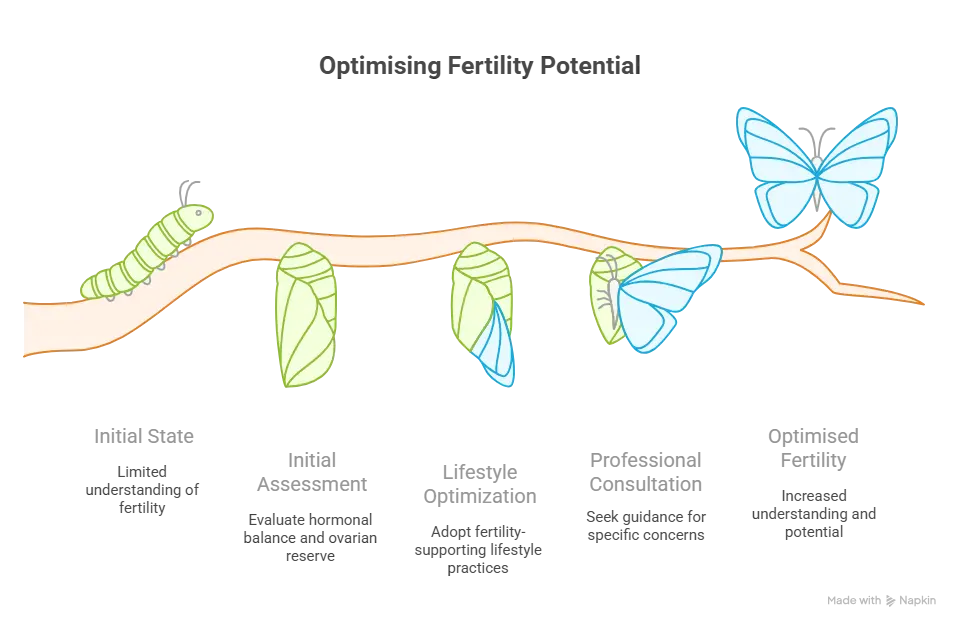
Conclusion: Knowledge, Hope, and Action
Understanding your fertility timeline empowers you to make informed decisions that align with your life goals and family dreams.
The most important statistic of all: Women who take proactive steps to understand and optimise their fertility, seek appropriate medical guidance when needed, and maintain hope throughout their journey have the best outcomes, regardless of their age when they begin.
Your fertility journey is not just about biology and medicine – it is about love, family, dreams, and the incredible strength of women who persevere to build the families they envision. Whatever your age, whatever your circumstances, there is reason for hope and pathways to explore.
If you would like personalised guidance for your fertility journey, I invite you to schedule a consultation with our team at Endoworld Hospital in Chhatrapati Sambhajinagar (Aurangabad). We combine the latest medical advances with deep understanding of Indian family values to support you through every step of your path to parenthood.
Together, we can create a plan that honours both your biological realities and your family dreams, providing the best possible foundation for welcoming your precious child into the world.
NOTE: Names of the patients have been changed to maintain confidentiality

